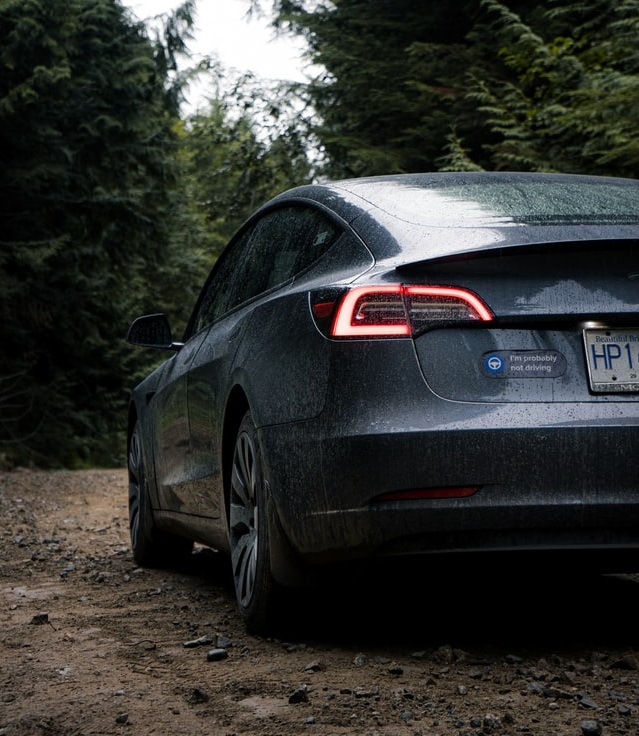As strange as it might sound, today’s gas guzzling V8 lemon just might be tomorrow’s priceless collector car. In fact, stranger things have happened! Yes, you love your 2021 Dodge Charger SRT Hellcat Widebody for its almost unbelievable horsepower as high as 797 and its 707 pound per foot of torque, but the cost of fueling that monster makes you wonder why you ever decided to sign on the dotted line. No, it’s not a lemon by any stretch of the imagination but it sure does cost an arm and a leg to fuel every week and the insurance can get a bit high specifically because of its speed and power.
Having been weak in a moment of impulse, you drove off the lot with the beauty you are almost unable to drive every day of the week! It’s a fast car and a really great car but somehow you can’t imagine it being priceless in the future. After all, there are more powerful cars on the road and even more expensive cars than this $90,000 beauty, so what would make this car so special? Perhaps it’s the very fact that it is so powerful and only gets 21 mpg on the open road and 12 mpg in town that is what would make it memorable in the not-so-distant future.
Let’s take a stroll down recent memory lane to understand why you might want to hold onto this car even if you won’t be able to drive it.
It’s All About a Future We Hope to Have
There is no secret in the fact that we are doing irreparable damage to the planet with our high carbon footprint that continues getting higher by the day. If we don’t find a way to significantly lower our carbon footprint then we can expect catastrophic events as the result of global warming. This would include, but is not limited to, such things as extreme weather events, melting of the polar caps, disturbance of many natural habitats of animals and climate change. In the United States it is calculated that the burning of fossil fuels in automobiles accounts for as much as 1/3 of these greenhouse gases and that the only way to begin repairing the damage while there is still time is to reduce the amount of fossil fuels we are burning.
The obvious solution is electric vehicles, but the United States has fallen behind other developed nations in this arena. So then, if you want to reduce your carbon footprint and it is absolutely proven that fuel powered vehicles are the greatest contributors to greenhouse gases, the obvious solution would be to eliminate combustion engines to be replaced by electric cars. Is there any question as to which does less damage?

The debate of electric vs. gas cars and so many other questions can be answered on the Compare.com website, but the one thing you may want to understand at this point in time is that there is no time to waste. We are already being ravaged by the early signs of climate change and it only takes a quick look at a few of the EVs listed for comparison to see that there are solutions if we take the time to understand them. In other words, there should be no question about the right way to move forward if policy makers would simply open their eyes.
Is the UK Leading the Way?
At the moment it seems as though the United States is being outpaced by the UK in that Prime Minister Boris Johnson pledged that by the year 2030, all new cars sold in the UK would be electric and that by the year 2035 all vehicles on the road will be zero emissions. No such mandates or concerns have been officially expressed by the US government as of this date, but many activist groups feel like this sort of legislation will be on the table in the very near future.
There does seem to be a huge amount of concern, however, that lobbyists for big oil are keeping these talks off the table. Last year alone the largest donation made by Royal Dutch Shell went to the American Petroleum Institute which is a well-known lobbyist for the petroleum industry. With that kind of money backing an industry, it is easy to see how they are stalling efforts to transition to electric cars.
There May Come a Point of No Return
While it appears as though little is being done to reduce our carbon footprint at home, scientists and lawmakers do realize there may come a point of no return. At one time it was felt that if changes weren’t made by the year 2030 there would be a point of no return and that life on earth would no longer resemble what we’ve known. This, unfortunately, brings us back to the biggest contributor to greenhouse gases and that would be the fuel powered vehicles on the road.
All is not lost yet because there is also a growing interest in electric vs. gas cars among consumers who feel like they are being cheated by being denied the very vehicles that would put a stop to the destruction of our planet over time.
Electric cars are coming down in price which is making them more affordable to the average consumer. Also, a greater number of models are being released each year and the technology is also improving day by day.
Will We Face the Same Mandates as the UK in the Near Future?
It may have seemed like a bit of lighthearted humor when we compared today’s gas guzzling V8 cars to museum pieces, but if the United States follows in the footsteps of the United Kingdom, then within just a couple of decades there will no longer be fuel powered vehicles on the road. As in the UK, there may be two points to be prepared for.
The first will be a time when gas or diesel cars will no longer be sold as new and that within a few years of that, all vehicles on the road would need to be zero emissions vehicles.
Perhaps the wisest thing new car buyers can do at the moment would be to invest in an electric vehicle because there will almost certainly be no choice at some point in the near future. There is no denying the destruction we are wreaking on the planet by burning fossil fuels, so really, what other choice do we have?


Comments are closed.